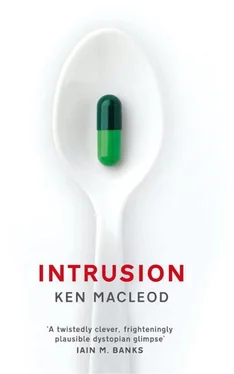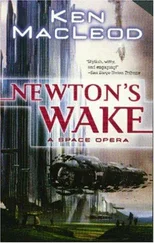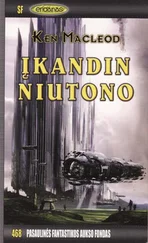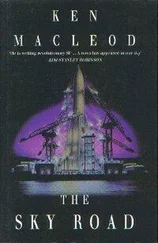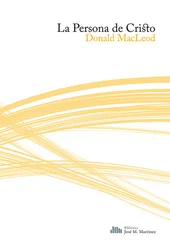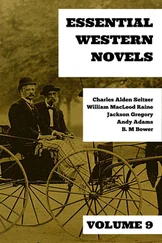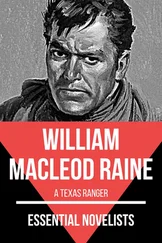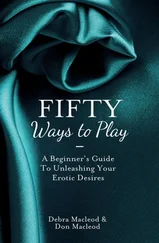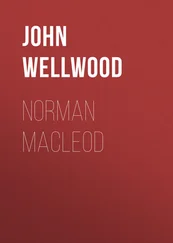‘Great, isn’t it?’ she said, glancing over her shoulder at the assembling marchers and doing her relaxed grin. ‘It’s so inspiring.’
‘Yes,’ said Hope, uninspired.
Deirdre did the closed-lips enigmatic smile.
‘Are you warm enough?’ she asked. She’d had the sense to wear a jacket, a neatly fitted long-sleeved and short-waisted velvet number in a dark blue that pointed up the white lace jabot at her throat. The whole look suited her a lot better than it did Hope, who felt dumpy in an old skirt that had fitted fine when she was a student but whose waistband opening was now secured by a well-concealed safety-pin halfway down the zip.
‘I’ll be fine when we start walking,’ said Hope.
Deirdre took glasses from her handbag and slipped them on, checking incoming messages. ‘Just a few minutes,’ she said. ‘See you in a bit.’
And with that she bustled off, up towards the front. Literally bustled, Hope noticed, as Deirdre trailed her hem up the street. She seemed to be taking the stunt far too seriously. Hope’s partner on the other pole of the banner, a stocky red-haired man in his sixties called Fingal, grinned across at her as she turned away from watching Deirdre.
‘Very committed, our Deirdre,’ he said.
‘Yes,’ said Hope. ‘Just what I was thinking.’
‘She can be a bit overbearing sometimes,’ Fingal said, out of the side of his mouth. ‘But still, can’t hold it against her. I remember when the branch could hardly muster enough warm bodies to hold both poles of the banner.’
Hope laughed, just enough not to show too much interest. She didn’t know Fingal very well, even for someone she’d seen only twice, sitting at the back of the meetings, precariously tilting his plastic chair, letting one or both of his straggly eyebrows rise as he listened to some point being made. She had a suspicion that at the slightest prompt he would want to talk about old times or, worse, inveigle her into internal branch or Party politics. He had the air of someone on the lookout for kindred spirits.
She was saved from having to answer further by the sound of the brass band at the front striking up.
‘Speaking of which…’ she said.
Fingal nodded. He and Hope leaned further into the wind and started walking forward.
Hope had never been on a demonstration before, and she’d found the prospect daunting. Hugh had been happy enough to look after Nick for the day – it was a public holiday, after all, and he’d intended to take it as a day off rather than a day’s overtime – but had worried about Hope getting into trouble.
‘Especially with you…’ he’d added, looking pointedly at her belly, which was showing the beginnings of a bump.
‘Oh come on ,’ Hope had said. ‘It’s not like one of those demonstrations. The Party’s the Government , for heaven’s sake! We’re not going to get attacked by the police, now are we?’
Hugh had given her that sullen, doubtful, cynical look that Hope privately thought of as his Lewis face. She’d known exactly how his next sentence would begin.
‘As my father always said,’ said Hugh, blithely confirming her silent prediction, ‘you should never go on a march unless you’re ready for a fight.’
‘Piffle,’ said Hope. ‘Leosach whinge.’
‘My father’s not a Leosach,’ said Hugh, in a slow, deliberate way.
‘No, but the iron got into his soul. And the rain rusted it!’
Hugh laughed. ‘Spoken like a Leosach yourself,’ he said. ‘All right. But it wasn’t from Lewis he got that about the marching. It was from London, when he was young and marched against the war.’
‘The war?’ Hope asked. ‘It hadn’t even started then.’
‘The war before this one,’ Hugh explained.
‘Oh!’ said Hope. ‘Ancient history. Anyway, it’s not that kind of march. It’s May Day. It’s a celebration.’
‘Hands across the sea,’ said Hugh, again with the Lewis face. He scratched the balding patch towards the back of his head. ‘Oh well. Take care.’
‘Of course I’ll take care.’
But he’d left her worried. Her first morning sickness, the following day, hadn’t helped.
Now, however, out on the street and into the swing of it, Hope felt quite different. The brisk walk soon warmed her. The flurries of snow ceased. The brass band up at the front was blaring out something martial but bouncy, and a few dozen rows behind her a Jamaican steel band on a truck was playing a different tune and different music altogether, whose rhythm snaked around and intertwined with that of the band.
The local contingent swung around the corner into Stroud Green Road, past helpful police in no riot gear whatsoever, and slotted into a gap in the main march coming down over Crouch Hill. Now they were part of a column of thousands. Hope glanced over her shoulder, and along to the far front of the march, entranced.
‘Wow!’ she said, impressed despite her doubts. ‘There’s so many of us.’
‘That’s nothing,’ said Fingal. ‘Try your glasses.’
Hope opened her shoulder bag awkwardly, one-handed, as the banner pole tilted and recovered, and put the glasses on. Something local and eager pulsed in a corner of the sky. She blinked it up. The shopfronts and shoppers and trees of Stroud Green Road were rendered as a faint, pencil-sketch overlay, through which to her right she could see nothing but crowds all the way to the horizon, with red banners and balloons and long dragon puppets bobbing above their heads: Beijing, earlier in the day. Elsewhere, more or less in front of her, a similarly huge demonstration filled Tehran’s Revolution Square. From Mumbai and Calcutta came more recent images, of streets a mass of red flags, a sea whose every shore was pebbled with the black helmets of the police, and fringed with long black sticks beating down relentlessly and rhythmically on every head they could reach. Way off to the left, and almost in real time, a smaller march in Moscow was holding out against the traditional baton charges and tear-gas rounds, red and grey smoke intermingling merrily above the skewed flags and hurled placards. By late afternoon the view would no doubt include the gigantic May Day parades in Washington, Chicago, NYC and LA, but for now the Americans were mostly still abed.
It got dizzying, and Hope took the glasses off and put them away. Despite herself, despite her lack of interest in politics (‘but politics is interested in you’, some earnest lad at university had once told her, a remark she now recalled with a belated shiver, instead of the dismissive laugh she’d given it at the time) and in what she’d called, to Maya, all that , meaning all that justice and equality and progress stuff that the Prime Minister banged on about – despite all that, Hope found herself uplifted and enthused by the feeling, no, the perception of being part of something huge, worldwide, hands across not just the sea but across the stormy fronts of the Warm War. Her eyes, too, could sting to the tear gas in Russia; her shoulders could flinch and her feet stumble under the lathi slashes in India; and likewise, her feet could skip and dance along with all those enjoying the day in the parts of the world where they were free to celebrate it in peace.
America, Britain, Germany, Iran, China… she could see, she could literally see why they called the New Society countries the Free World.
On they went, down past the station and around the corner into Seven Sisters Road, and then into the broad open green space of Finsbury Park. Past the small enclosed patch of sand and swings and shelters where the One O’Clock Club had given her such a respite and Nick such fun when he was too young for nursery. Out on to a wide, sloping green, already dotted with stalls and fronted by a stage and sound system. As she and Fingal stopped, two women from the branch who’d walked behind them offered to take the poles.
Читать дальше
